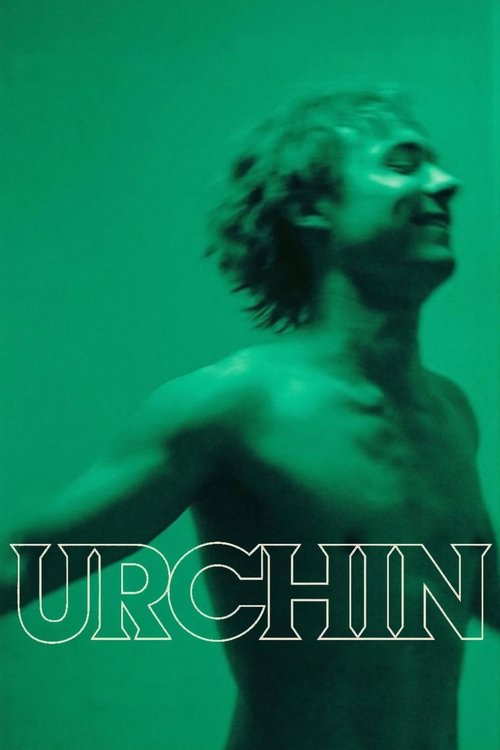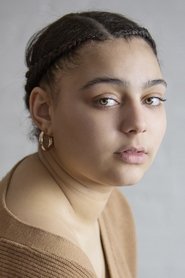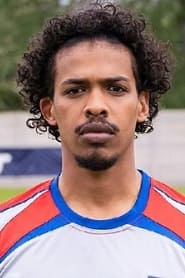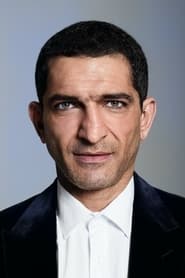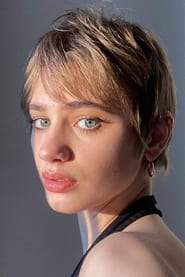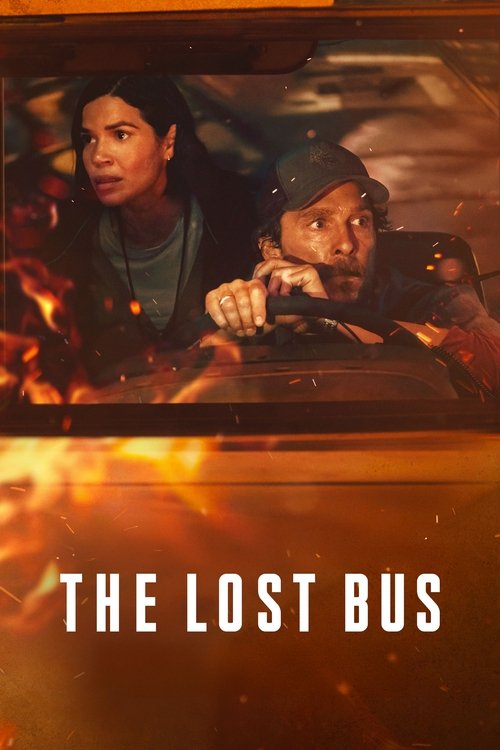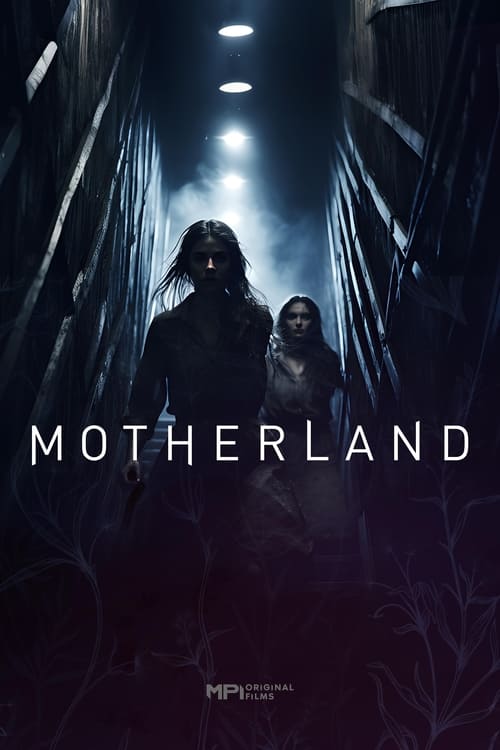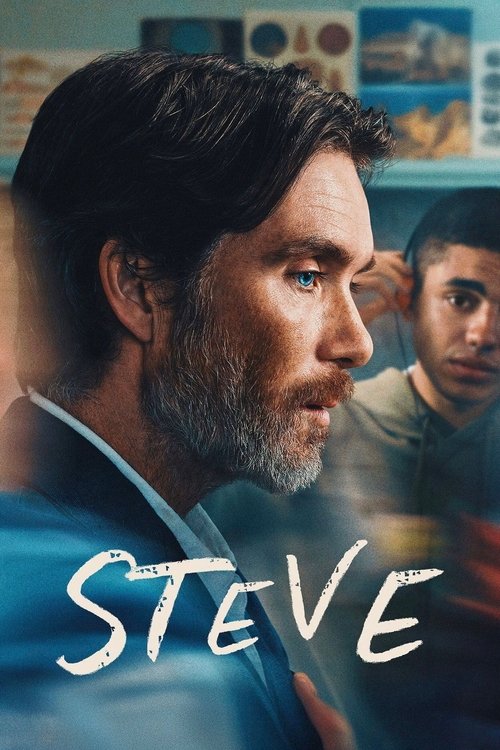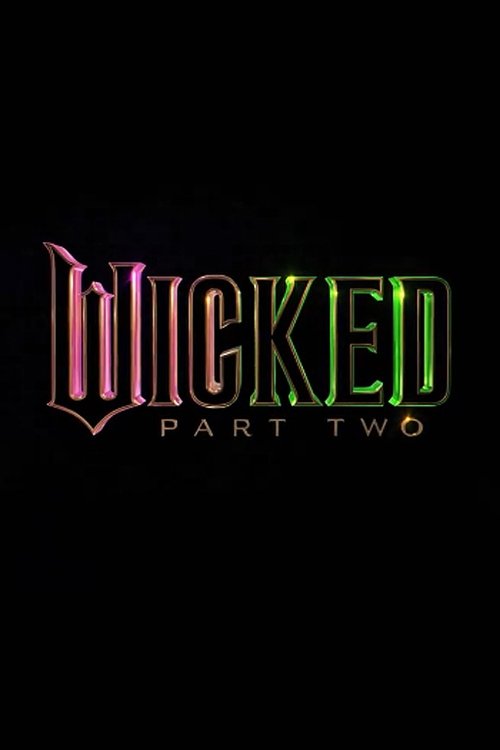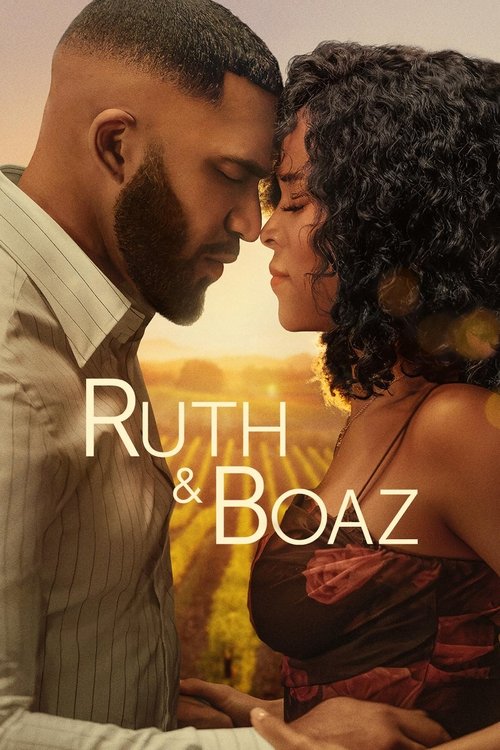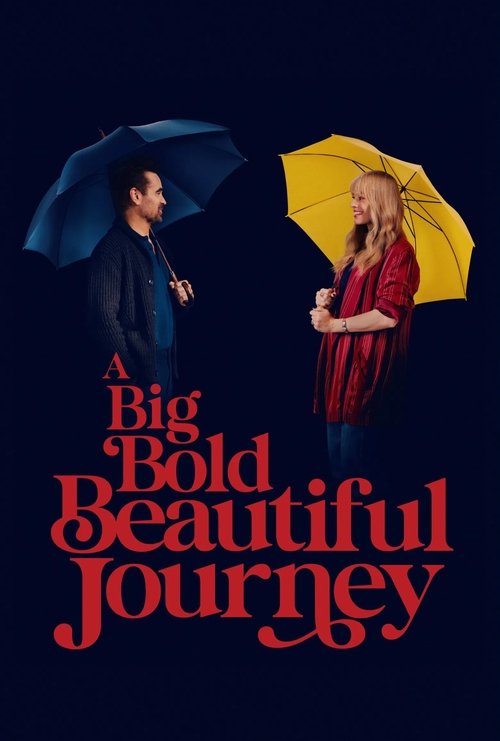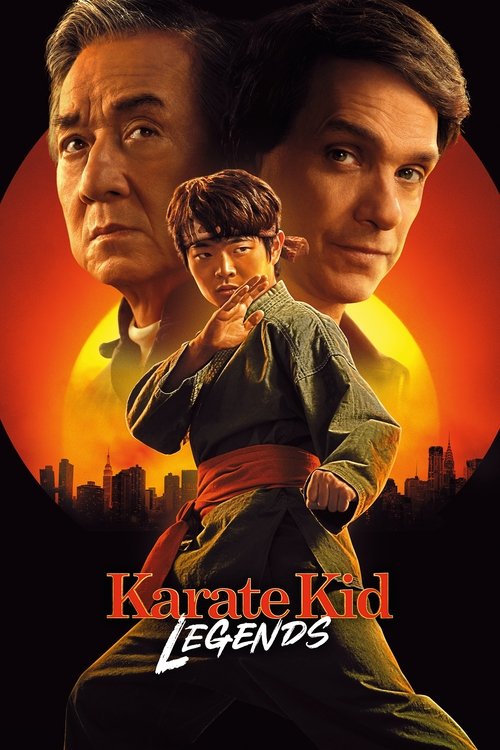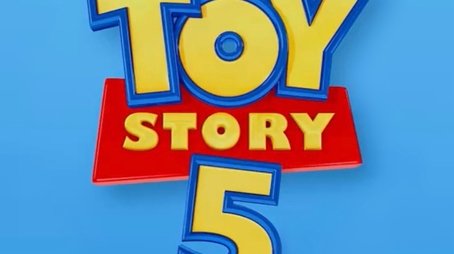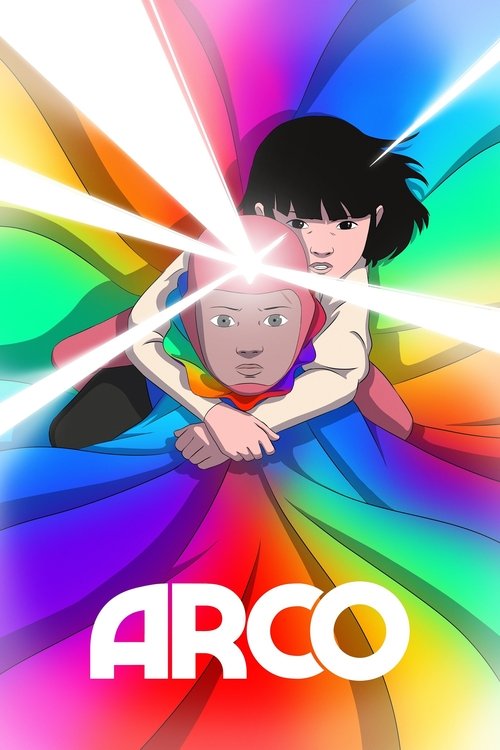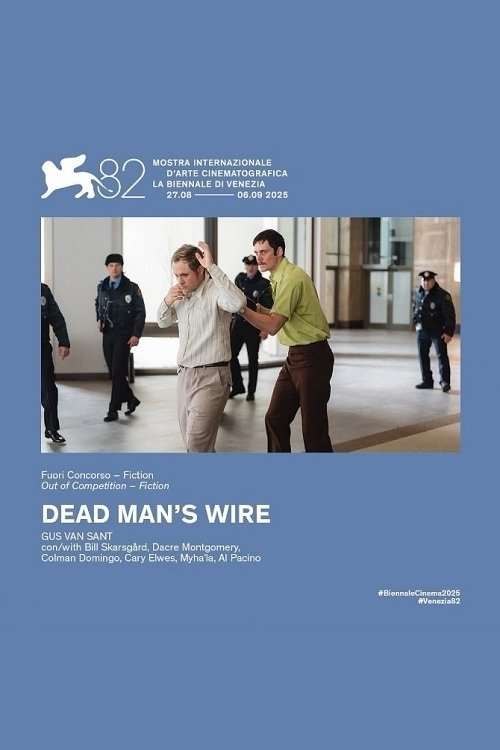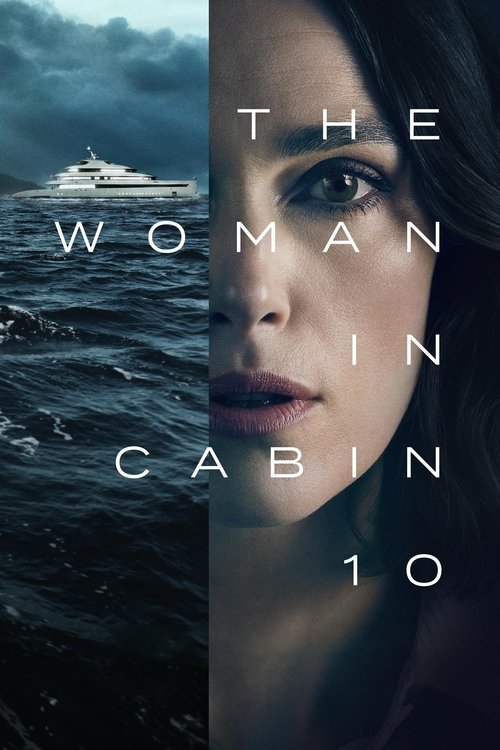
Ask Your Own Question
What is the plot?
A damp morning in London opens on Mike, a young man who lives on the street and fights to control his addictions and scrape together money. He accepts a few coins from an older couple who seem to pity him, then looks up as a pale, elderly woman with a violin stands across the way, bow poised, eyes fixed on him. He notices, but when he later finds his wallet missing he accuses Nathan, a lanky acquaintance, of taking it. The accusation escalates into a physical altercation outside a café. The two struggle in the alley until Simon, a man who has seen the fight from the pavement, intervenes and separates them. Mike snatches his wallet back during the scuffle, mutters an apology, and Simon, trying to deescalate, offers to buy him a sandwich and help him out.
As they walk together, Mike suddenly lashes out. He strikes Simon unexpectedly, driving him to the pavement and rendering him unconscious. Mike rips a watch from Simon's wrist and sprints away toward a pawn shop. He tries to trade the watch for cash; uniformed security and a shop attendant herd him outside, and CCTV footage of the assault is shown to arriving officers. Police take him into custody, handcuffed, as onlookers gape. Mike calls his mother from the holding cell; she answers with a flat, dismissive voice that offers no comfort. The court remands him to prison, and he is processed into custody under bright fluorescent lights.
After serving his sentence he returns to the city streets. As prison staff hand him his few possessions, a correctional officer pulls him to one side and warns him in no uncertain terms: do not come back. Released, Mike is taken under the wing of Nadia, a woman who works with ex-offenders and offers practical help. She arranges a temporary bed for him in a hostel and meets his basic needs. In conversation with Nadia he reveals details he has long kept private: he is adopted, he has no meaningful family network to call on, and he has few people who will vouch for him. That night, while lying in the hostel, he hears a strange breathing noise and catches sight of the violin-playing woman again, standing outside in the rain like a watcher. Later, in a bleak communal shower, the camera follows water down a drainpipe and the scene blurs into a dark, cavernous space that bleeds into a dreamlike vision beneath the city.
Trying to move forward, Mike visits a charity shop and finds clothes he hopes will make him look respectable for a job interview as a chef. He prepares to go to an interview at a restaurant run by Franco, the owner, but momentarily abandons his plan when he sees Nathan nearby and flees. At the restaurant he decides to be honest: during the interview he confesses his criminal record to Franco. Franco listens, then decides to give him a trial shift despite the disclosure. In the kitchen Mike works alongside a team of cooks, learning stations and repeating orders. He meets Franco's expectations at first and attempts to keep a steady pace.
Outside of work, Nadia arranges a mediated meeting with Simon to address the assault and the trouble it caused. Mike sits through the preparation, nervous, while the idea of facing Simon again nags at him. In the kitchen Mike is asked to handle a customer complaint: a diner has sent back a plate, claiming the food arrived cold. Mike resists the instruction--he bristles at being sent to apologize and correct a service error--but Franco insists. Reluctantly, Mike goes out to the dining room to speak with the customer and, after a terse exchange, resolves the complaint and returns to the kitchen. Frustration catches up with him. He storms into the kitchen storeroom, shuts the door, and the world tilts; the pantry walls seem to open into another dark passage. He scratches at a seam in the wall and, in a jarring cut, re-enters the subterranean cave from the shower vision.
The mediated meeting with Simon goes ahead in a formal room. Simon speaks plainly about how the assault affected his daughter and the family unit: they were frightened, he says, and they struggled to process the violence. Mike listens and his composure cracks. The recollection of what happened to Simon presses against him; the memory unsettles him so much that he leaves the meeting early. Back in the restaurant, his performance slips--food comes back through the pass, timing falls apart, and tensions with a coworker boil over into an argument in the kitchen. Franco, who has little tolerance for unreliability in a tight brigade, fires Mike, telling him he cannot depend on him.
With the chef job gone, Mike returns to the only labor he knows: refuse collection. He is assigned to a crew and paired with Andrea, a lively, practical woman who treats him like a person rather than a problem. They ride the truck together through neighborhoods, empty bins, and trade small talk that eases some of the rawness Mike carries. Over shifts they grow closer; one evening after work they sleep together in what passes for intimacy for both of them. Later, Andrea invites him to a dance performance. In the darkened auditorium, the music and movement stir images in Mike's head. Flashbacks slam into him in shattering detail: after the initial assault on Simon outside the café he did not merely knock him unconscious once--he repeatedly battered him on the pavement. The flashes show Mike raining blows on Simon until the other man lay motionless. The images flood him with shame and terror; he bolts from the theater, leaving Andrea bewildered and alone in her seat.
Mike's inability to hold a hostel placement means his temporary bed ends; the staff determine he cannot remain. He has no home to go back to, so he returns to the streets. Seeking out familiarity, he looks for Nathan to reconnect. He finds Nathan sober and living with Mary, who shares a modest flat with him and appears calm and grounded. Mike asks for help and Nathan lends him a small amount of money, but when Mike reaches to take more than what was offered Nathan intervenes and reclaims the extra bill from his hand. Mary watches the exchange without anger; her response is cool, distant--she does not coddle Mike or make excuses for him. Feeling rejected and adrift, Mike drinks to escape. He becomes loud and confrontational in a nightclub, attracting the attention of bouncers who throw him out into the cold. Seeking cash, he tries to steal from a shop on the way home. The shopkeeper or a customer stops him; there's a scuffle and Mike is knocked unconscious on the pavement.
When he wakes, his cardboard shelter feels less secure than before. He hears noises behind him coming from a boarded-up building and moves toward them, curious and fearful. He opens a door into an abandoned flat and crosses a threshold into a dark hallway. The corridor narrows and the lighting changes; the silence is heavy. At the end of the passage a chapel room opens--pews line the floor and a thin shaft of light illuminates a woman standing with a violin. Nathan stands nearby, expression flat. Both remain silent and solemn. Before Mike can speak, Nathan strides forward, tackles him with a sudden, brutal movement, and together they crash through a doorway. The door gives way and they tumble through into a void so vast it seems infinite.
Mike falls. He scrambles at nothing, hands flailing for a surface that does not exist. The sensation is absolute: gravity without ground. He cannot find purchase; he slides and twists, helpless. As he descends he curls his legs toward his chest and draws his arms in tight as if to protect a small core of himself from the endless drop. The violin, the faces, the city above--all recede into an abyssal dark. There is no cry that reaches any witness; the scene closes on him curled up and sinking until the film's final frame darkens and his body disappears into the black. No onscreen character is shown to die by a named killer in the realistic sense earlier in the story; the sequence that ends with Mike falling through the void is the final image, and the film concludes with him vanishing into darkness.
What is the ending?
At the end of Urchin (2025), Mike, the homeless young man struggling with addiction, begins to find a fragile foothold in life after prison. He secures a trial job as a chef and prepares for a mediated meeting with Simon, the man he previously attacked. The film closes on an ambiguous, surreal note with Mike confronting his past and uncertain future, while the mysterious violin woman reappears, symbolizing his ongoing internal struggle.
Expanding on the ending scene by scene:
The final act opens with Mike having been released from prison and placed temporarily in a hostel. He is cautiously optimistic as he prepares for a job interview at a restaurant. He chooses clothes from a charity shop, signaling his attempt to rebuild his life. However, when Nathan, a figure from his troubled past, unexpectedly appears, Mike panics and flees the interview, showing his lingering fear and instability.
Later, Mike returns to the restaurant and honestly confesses his criminal record to Franco, the owner. Franco, showing a measure of trust, hires Mike for a trial shift in the kitchen. This moment marks a tentative step toward redemption and integration into society.
Meanwhile, Mike continues to meet with Nadia, a supportive figure who helps him navigate his reintegration. She informs him about an upcoming mediated meeting with Simon, the man he assaulted before going to prison. This meeting represents a confrontation with his past actions and a chance for reconciliation.
In a surreal sequence, Mike experiences a vision involving the mysterious older woman who plays the violin and has appeared throughout the film. This vision includes a journey through a dark, cavernous space accessed via a shower drain, symbolizing Mike's descent into his subconscious or a liminal space between his troubled past and uncertain future.
The film's final scenes show Mike preparing mentally for the mediated meeting with Simon. The meeting itself is not explicitly shown, leaving the outcome open-ended. The violin woman's reappearance suggests that Mike's internal conflict and struggle with addiction and trauma are ongoing.
Regarding the fates of the main characters at the end:
- Mike is cautiously moving toward recovery and reintegration but remains haunted by his past and internal demons. His future is uncertain but holds a glimmer of hope.
- Simon, the man Mike attacked, is set to meet Mike in mediation, indicating a potential for resolution or at least confrontation.
- Nadia continues to support Mike, representing a stabilizing influence in his life.
- Nathan remains a threatening presence from Mike's past, symbolizing the challenges Mike must overcome.
The ending emphasizes Mike's fragile progress and the complexity of escaping cycles of addiction and homelessness, leaving viewers with a poignant, unresolved tension between hope and struggle.
Is there a post-credit scene?
The movie Urchin (2025) does not have a post-credits scene. There is no information from credible sources or reviews indicating the presence of any additional scenes after the credits for this film. The available details focus on the film's narrative and artistic style but do not mention any post-credits content.
What are the main challenges Mike faces in his attempt to turn his life around in Urchin?
Mike struggles with surviving at the edge of society as a rough sleeper in London, dealing with a brutal and indifferent world. After a tense incident lands him in prison, he tries to piece his life back together by entering rehab, looking for work, and attempting to reconnect with people, but he is trapped in a cycle of self-destruction and faces systemic failures that hinder his progress.
How does the film Urchin portray the theme of mental health?
Urchin explores mental health by focusing on people who fall between the cracks of society and highlighting the ways in which the system fails them. The story centers on Mike's struggles with self-destruction and his attempts to recover, portraying raw and absurd patterns that keep pulling him back, reflecting the complexities of mental health challenges.
What is the significance of the setting in Urchin?
The film is set in London and uses the urban environment to emphasize Mike's rough sleeping and marginalization. The city's harsh and indifferent atmosphere underscores the brutal reality Mike faces daily, reinforcing the themes of survival and societal neglect.
Who are the key characters surrounding Mike in Urchin and what roles do they play?
Besides Mike, played by Frank Dillane, the cast includes Megan Northam, Amr Waked, Karyna Khymchuk, and Shonagh Marie. These characters interact with Mike as he attempts to rebuild his life, representing various facets of his social environment and the challenges he encounters, though specific character roles beyond Mike are not detailed in the available information.
How does Urchin depict the cycle of self-destruction experienced by the protagonist?
Urchin portrays Mike as trapped in a cycle of self-destruction, showing his repeated struggles to escape his circumstances. The film presents raw and absurd patterns that pull him back despite his efforts to change, such as entering rehab and seeking work, illustrating the difficulty of breaking free from entrenched behaviors and systemic obstacles.
Is this family friendly?
The movie Urchin (2025) is not family friendly and is rated for mature audiences (15 or 16+ depending on country). It contains moderate sex and nudity (including brief male rear nudity), moderate violence and gore, and severe profanity. The film also depicts severe alcohol, drug use, and addiction themes, with substances shown being taken multiple times. There are moderate frightening and intense scenes as well.
Potentially objectionable or upsetting aspects for children or sensitive viewers include:
- Depictions of drug addiction and substance abuse as a central theme.
- Scenes involving violence, including a violent mugging.
- Strong language and severe profanity throughout.
- Moderate sexual content and brief nudity.
- Intense and emotionally raw portrayals of homelessness, self-destruction, and social marginalization.
- Frightening or intense moments related to the protagonist's struggles and environment.
Overall, Urchin is a gritty, dark drama about a homeless young addict's difficult life and attempts at redemption, with mature and challenging content that is unsuitable for children or sensitive audiences.

